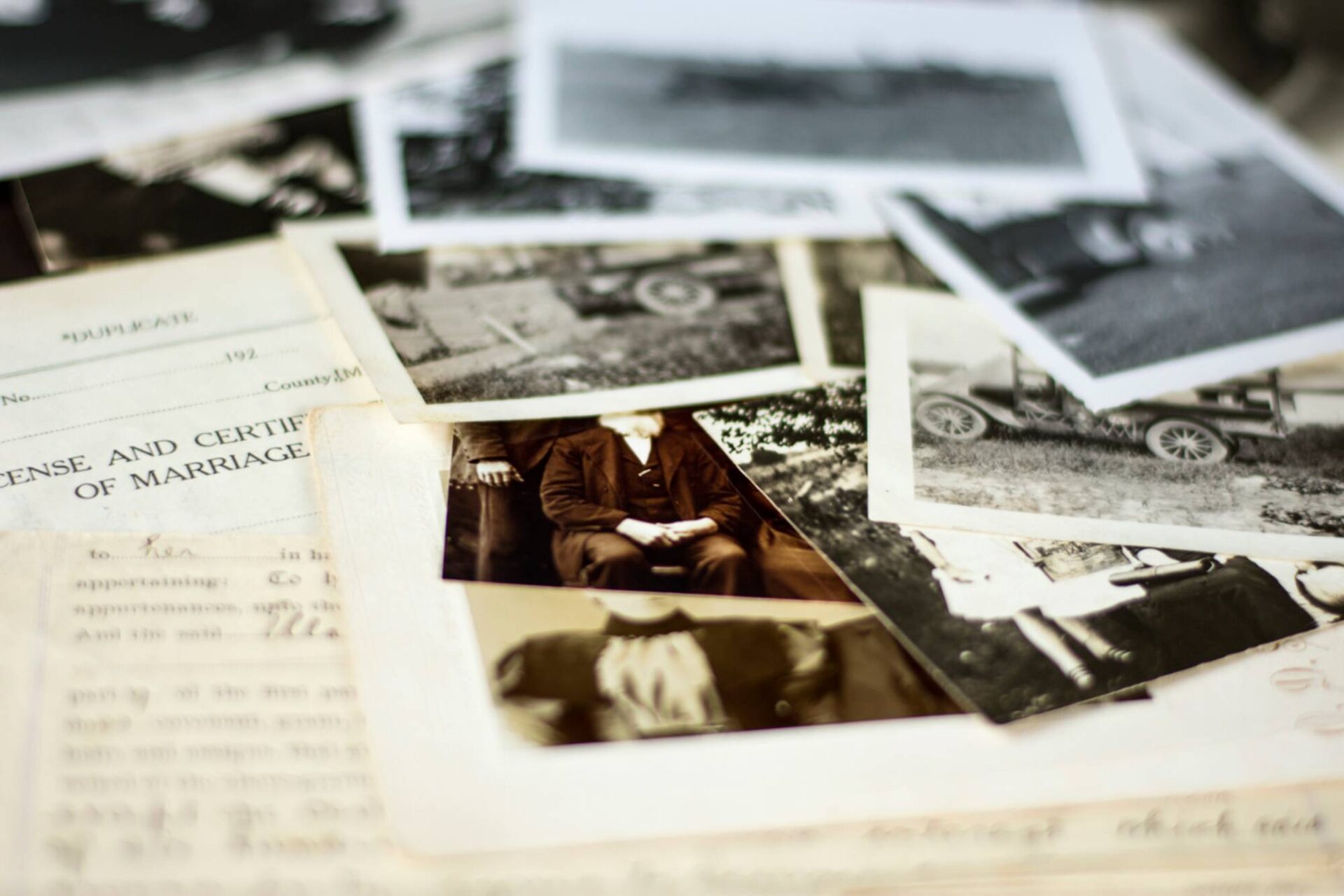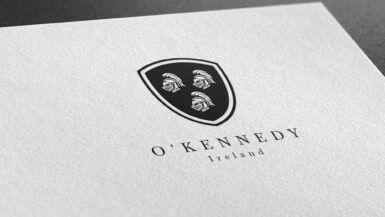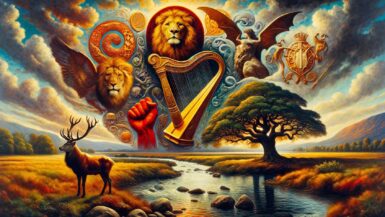Origin of the Surname
The Kavanagh surname, also known in its original Gaelic form as Caomhánach, traces its roots back to the ancient kingdom of Leinster, one of the four provinces of Ireland. This name is intrinsically linked with the medieval history of Ireland and the early chieftains and kings of the island.
Etymology and Meaning
The name “Caomhánach” is derived from the Gaelic word “Caomh,” meaning “kind” or “gentle.” In a patronymic context, it can be translated to “descendant of Caomhán.” The name, therefore, indicates a familial relationship or lineage connected to an ancestor named Caomhán.
Earliest Known Usage
The earliest known usage of the name can be attributed to Domhnall Caomhánach, the son of Dermot MacMurrough, King of Leinster. Domhnall was the first to bear the Caomhánach surname around the mid-12th century, distinguishing him from his siblings and signifying a specific lineage that would continue for centuries.
Geographic Distribution
Originally, the Caomhánach or Kavanagh family predominantly resided in areas of Leinster, particularly in the modern counties of Carlow and Wexford.
Original Geographic Location
The family’s original stronghold was in the kingdom of Leinster, with Ballymurphy in County Carlow being a significant seat of power for the Kavanaghs during medieval times.
Migration Patterns
Over the centuries, as political and socio-economic conditions shifted in Ireland, members of the Kavanagh family migrated to different parts of Ireland and abroad. The Plantations, Cromwellian conquest, and subsequent Penal Laws saw many Irish families, including the Kavanaghs, dispossessed and often forced to move to other parts of Ireland, England, and further afield to the Americas, Australia, and other parts of the world.
Historical Context
Notable Historical Events
The Kavanaghs played a significant role in various stages of Irish history, from resisting Anglo-Norman invasions to participating in rebellions against English rule.
Involvement in Key Moments in History
The Kavanaghs were intricately involved in the 14th-century resistance against English rule, with Art MacMurrough Kavanagh being a notable leader in these skirmishes. Later, during the 16th and 17th centuries, the Kavanaghs were again at the forefront, participating in rebellions against the English Crown.
Notable Irish Bearers of the Surname
Famous Individuals
- Art MacMurrough Kavanagh (1357-1417): A significant figure in the resistance against English rule during the late 14th and early 15th centuries.
- Máire Bhuí Ní Laeire: An 18th-century poet of the Caomhánach lineage known for her revolutionary poems during a tumultuous period for the Irish.
Influential Figures
- Kevin Kavanagh: A modern figure who has made significant contributions to the arts, specifically in the realm of contemporary visual art in Ireland.
Variations of the Surname
Spelling Variations
The anglicization of Irish surnames has led to multiple spellings. For Kavanagh, these include Cavanagh, Kavanaugh, and even Cavanaugh among others.
Regional Differences
Depending on the region, particularly outside of Ireland, the pronunciation and spelling might change. For instance, in the U.S., “Cavanaugh” became a more common variant.
Current Statistics and Distribution
Frequency and Global Distribution
The Kavanagh surname, in its various forms, is common not just in Ireland but also in countries with significant Irish diaspora like the U.S., Canada, Australia, and the UK.
Changes Over Time
While the name remains prevalent in its home province of Leinster, its global distribution has grown exponentially due to migration and the Irish diaspora’s influence.
Family Coat of Arms
The Kavanagh family coat of arms is distinctly Irish, featuring a lion rampant on a green field. The lion symbolizes courage and strength, attributes long associated with the Kavanagh chieftains and leaders. Above the lion, the crest features a hand grasping a sheaf of arrows, signifying readiness for battle.
While the Kavanagh name echoes the ancient tales and battles of medieval Ireland, it also resonates in the modern era through its bearers’ accomplishments and the global spread of its lineage. This deep-rooted history, combined with its continued relevance, makes the Kavanagh or Caomhánach name a proud emblem of Irish heritage.






Leave a reply